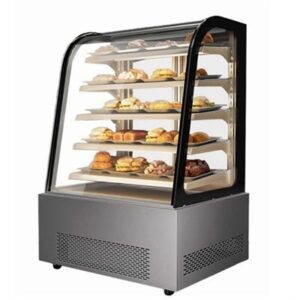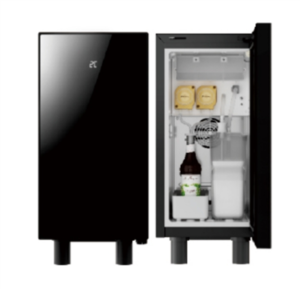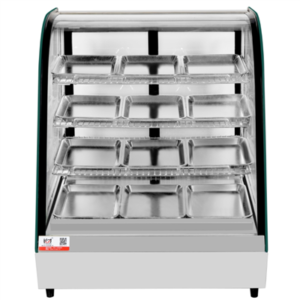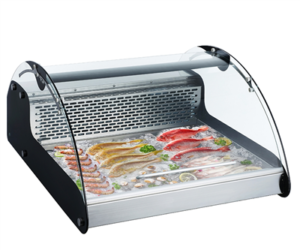Commercial freezers must meet strict international safety standards to ensure food safety, energy efficiency, and operational reliability. For importers, distributors, supermarkets, and small retailers, compliance is critical to avoid legal risks and protect customers. This guide covers the latest 2025 safety regulations, certification requirements, and best practices for commercial freezing equipment.
1. Why Safety Standards Matter
✅ Prevent Food Contamination – Proper temperature control stops bacterial growth.
✅ Avoid Electrical Hazards – Certified units reduce fire and shock risks.
✅ Ensure Long-Term Reliability – Compliance means fewer breakdowns and recalls.
✅ Meet Import/Export Regulations – Non-compliant units can be seized at customs.
2. Key Global Safety Standards for Commercial Freezers
A. North America (USA & Canada)
- UL 471 – Covers electrical, mechanical, and thermal safety.
- NSF/ANSI 7 – Required for food service equipment (hygiene & sanitation).
- ENERGY STAR® – Ensures energy efficiency (mandatory for rebates).
B. European Union (EU)
- EN 60335-2-89 – Electrical safety for refrigeration appliances.
- EN 378 – Refrigerant safety (F-gas compliance).
- CE Marking – Mandatory for EU market entry.
C. Asia & Middle East
- CCC (China) – Required for all refrigeration equipment sold in China.
- GCC Conformity (SASO, ESMA) – Ensures compliance in Saudi Arabia, UAE, etc.
- PSE (Japan) – Electrical safety certification.
D. Australia/New Zealand
- AS/NZS 60335.2.89 – Aligns with EU/UK standards.
- MEPS (Minimum Energy Performance Standards) – Mandatory efficiency ratings.
3. Critical Safety Features Buyers Should Look For
✔ Auto-Defrost Systems – Prevent ice buildup (reduces fire risk).
✔ Thermal Cut-Off Protection – Shuts down if overheating occurs.
✔ Child-Safe Locks – Prevent accidental access in supermarkets.
✔ Leak-Proof Refrigerant Seals – Avoid harmful gas emissions (R290, CO2).
✔ Anti-Tip Design – Stabilizes heavy units (required in earthquake-prone regions).
4. How to Verify Compliance Before Purchase
🔹 Check Certification Marks (UL, CE, CCC, etc.).
🔹 Request Test Reports from manufacturers (ISO 17025 accredited labs).
🔹 Ensure Proper Documentation – User manuals, compliance declarations.
🔹 Work with Reputable Suppliers – Avoid counterfeit or substandard units.
5. Consequences of Non-Compliance
🚫 Customs Rejection – Non-certified units may be destroyed or returned.
🚫 Fines & Legal Penalties – Up to **$50,000+** for violating safety laws.
🚫 Brand Reputation Damage – Recalls hurt customer trust.
6. Why Choose Our Certified Commercial Freezers?
As a trusted supplier for importers and retailers, we guarantee:
✅ Full Compliance – UL, CE, CCC, ENERGY STAR, and more.
✅ Customization Options – Voltage, plug types, and language manuals.
✅ Global Logistics Support – Hassle-free shipping & customs clearance.
Protect your business—choose safety-certified freezers today!




